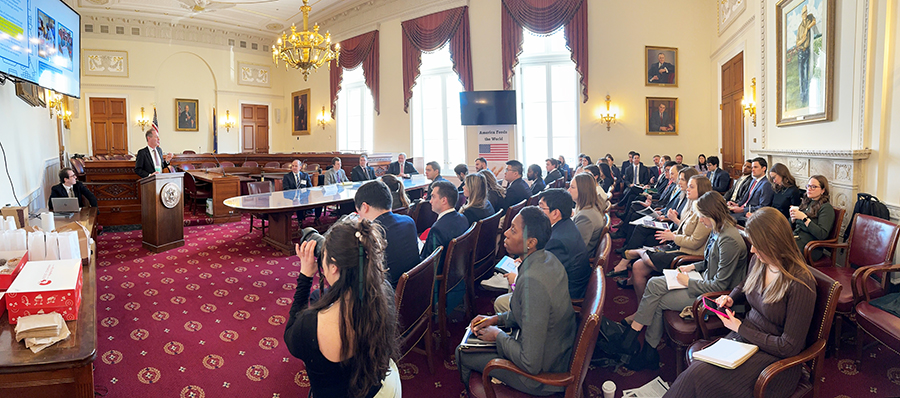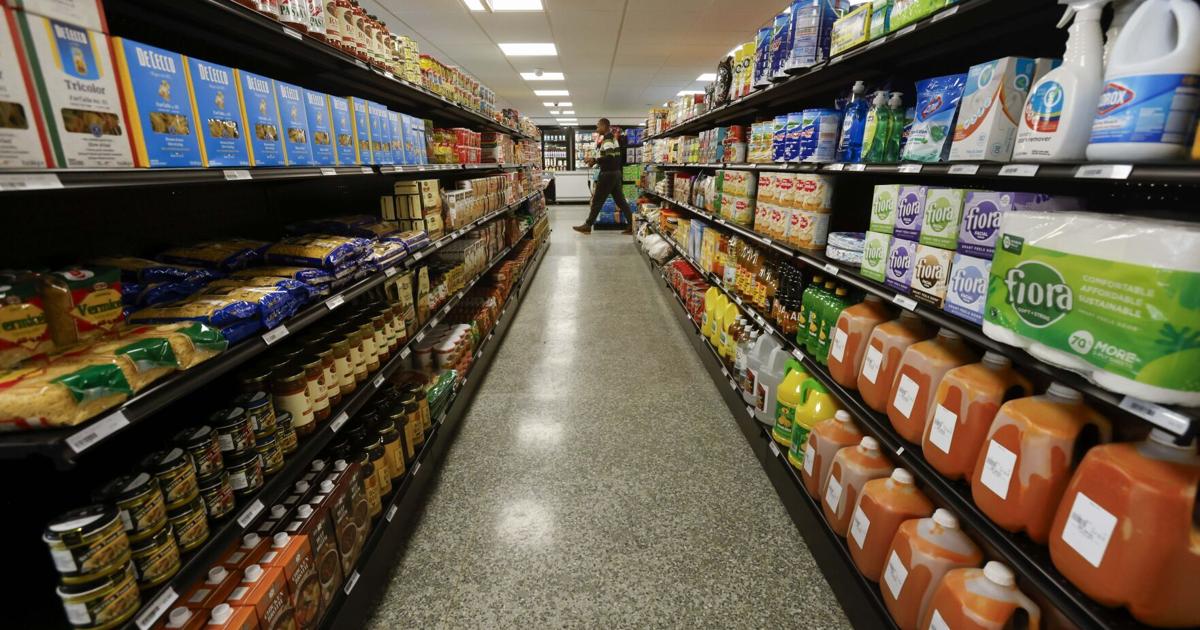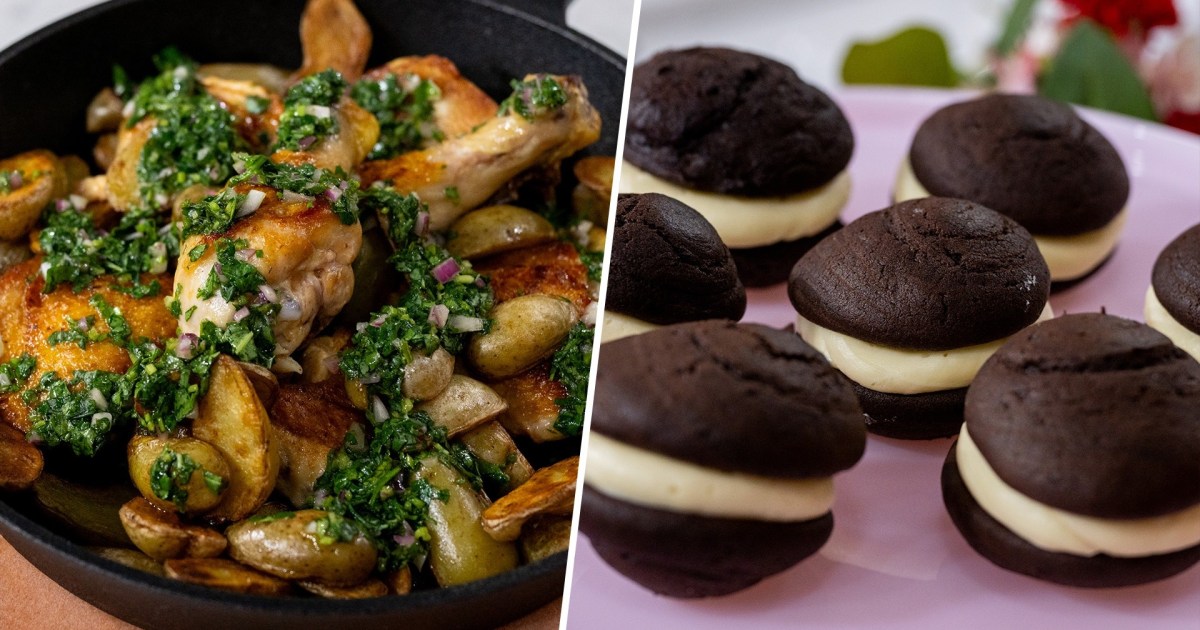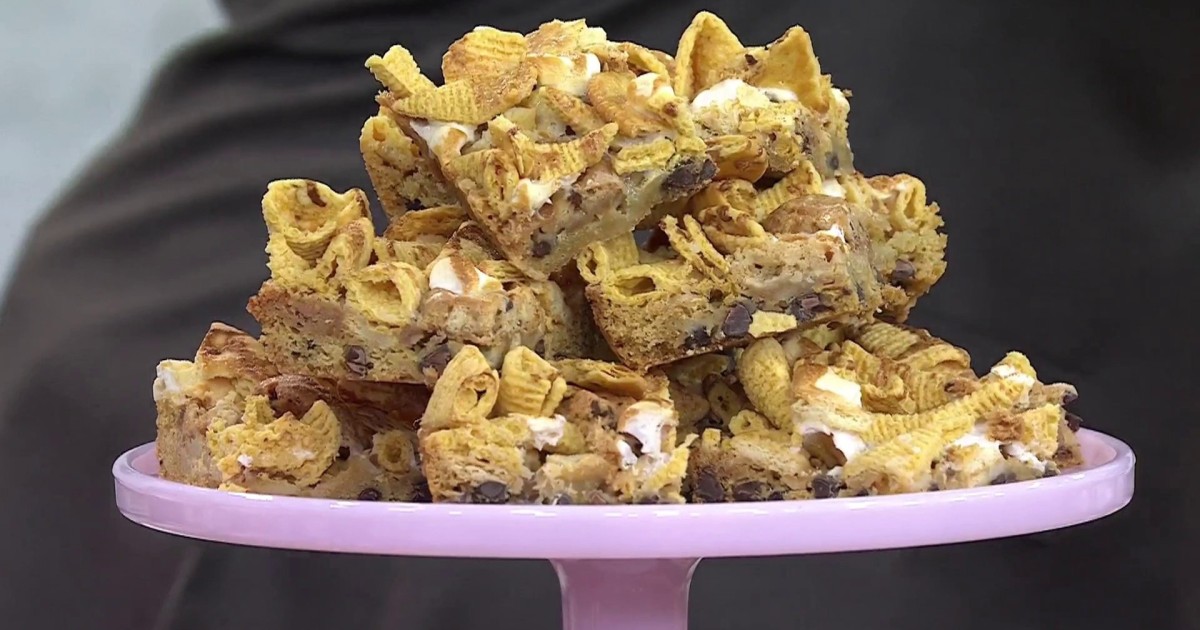In this week’s column, Nonie De Long debunks the myths about low-fat diet that was deemed to be beneficial for health
Dear Readers,
This week’s question comes from my experience teaching nutrition in an addiction treatment centre. I ran a program that taught the clients nutrition for addiction recovery, including healthy eating habits and cooking skills. I noticed that the clients were shocked to find some foods branded as “healthy” were not. At the top of this list were low-fat foods. I want to share some insight into the problems with this marketing gimmick and why it is abysmal for your health.
Low Fat Fraud
Low-fat foods were purported to be healthier for our hearts and waistlines. After a time and a lot of marketing, it became synonymous with dieting and healthy eating. And sure, it seems to make sense. The idea of sticky fat clogging our arteries is easy to envision, but it turns out the data to support that claim was cherry-picked.
The researcher responsible for this was Ancel Keys, and in 1978 he mined data from 22 countries, then published the then-famous Seven Countries Study. The study made it seem that heart disease was directly related to fat intake. Processed food manufacturers loved this and solidly got behind it. In the absence of animal products, their products were positioned to take over the market. However, Keys simply disregarded the data that did not support his theory. Other researchers have since scrutinized the full data, and the overwhelming conclusion is that the conclusive link between fat and heart disease is not supported.
“A massive 2014 review published in Annals of Internal Medicine compiled the results of 76 studies and found that there was no direct link between saturated fat consumption and heart disease. Other studies show that saturated fat may help boost levels of beneficial HDL cholesterol and could be tied to a lower risk of death from stroke.” Dr. Axe
In his Eat Fat, Get Thin Why the Fat We Eat Is the Key to Sustained Weight Loss and Vibrant Health, Dr. Mark Hyman recommends grass-fed animal fat as very healthy. Read more about his recommendations here.
Low Fat = High Sugar
Yet, the demonization of saturated fat and animal products persists today, despite the fact that following a low-fat diet has not reversed the epidemic of heart disease. At the same time, both obesity and diabetes have exploded. Autoimmune disorders have exploded. Infertility has exploded. Brain and mental health problems have exploded. Cancers have exploded.
This is, in good part, because several things happen when we eat a low-fat diet that negatively impacts our health profoundly. The biggest of these is that when foods don’t contain fat they need additional sugar to make them palatable. They taste like cardboard otherwise. So as the fat went down, the sugar went up, setting us up for blood sugar dysregulation and all of the above mentioned diseases.
Additionally, at the advent of this low-fat fad, the replacement for saturated fat was hydrogenated fat. It was dubbed heart healthy. Now the replacement is vegetable and seed oils – also dubbed healthy – but very possibly equally harmful. Many experts say they are foods to strictly avoid.
Low Fat Drives Obesity
Low-fat diets harm us in other ways. When we don’t consume enough fat, we are not able to feel satiated. The hormone responsible for telling us we’ve had enough to eat (leptin) is stimulated by the intake of fat. Not consuming enough fat means we don’t feel satisfied and continue to eat more. Additionally, most low-fat foods are higher in sugar and sugar triggers the overproduction of the inverse hormone (ghrelin). This hormone tells your body that your energy stores are empty and you’re hungry. At the same time, sugar triggers insulin, which tells your body to store everything you just ate in your fat cells instead of allowing you to access it for energy. So now you feel like you’re starving an hour after you ate. Low fat dysregulates these hormonal signals and sets us up for overeating continually.
And readers, food manufacturers certainly know this.
Add to this the addictive quality of sugar when you use it to replace the fat in foods. This is most certainly why diabetes and obesity have exploded.
Low Fat = Hormonal Woes
We also know hormones are made from fats. When we don’t have enough natural, healthy fats in our bodies, we can’t make hormones properly. Hormones regulate growth, fertility and reproduction, metabolism, and mood. Do you have problems with energy production and storage? That’s related to hormones. Have you had troubles conceiving and carrying? That’s related to hormones. Do you have a hard time losing weight or regulating your appetite? Again, related to hormones. Do you find it difficult to feel sleepy in the dark or suffer insomnia? This, too, is related to hormones. And as any woman can tell you – the mood is definitely linked to hormones.
Without abundant healthy fat, we can’t make the hormones we need to properly perform these various functions in the body.
Low Fat = Poor Bone and Heart Health
Additionally, there are very important vitamins and minerals that require fats to be absorbed properly. Vitamins A, D, E, and K are all fat-soluble and require fats to be properly metabolized and utilized. Without these vitamins in abundance, the mineral balance in the body is upset and many systems are impacted negatively. This is, in part why without them, we can see problems like calcium in the arteries instead of the bones, bone density issues, joint deterioration, calcification in the wrong places (eyes, for example), dental issues, poor immune function, poor healing, heart problems, and more.
Fat as Sustainable Fuel
Fat is also a superior source of fuel to carbohydrates for many people, including those with insulin resistance, diabetes, schizophrenia, mood disorders, obesity, epilepsy, and more. In fact, the gold standard for type II diabetes, resistant psychosis, and epilepsy is a strict ketogenic diet.
We also know that when ruminant animals are fed appropriately, their fatty acid ratio is far more favourable than that of commercially produced animals. It’s interesting to me that the best situation for the animals (holistic grazing/ free-roaming, grass-fed) is the best situation for us. I would argue it’s also the best for the planet since consuming animal meat requires fewer packaged, factory-produced foods, utilizes land we can’t grow on, and captures carbon to reverse desertification as a result of holistic grazing. It makes a lot of sense to me. But that’s a discussion for another day.
Of course, all this is more complicated and less easy to sell than low fat, and it certainly has far less marketing dollars behind it.
When it comes to your health, however, you can make a choice not to fall for it. Consume full-fat foods and see what happens to your appetite. Try cutting the sugar out and adding fat back in and see what happens to your waistline. I challenge you to try it!
As always, if readers have their own health questions, I welcome them! Just send me an email at [email protected]. And if you’re looking for more specific health information, check out my website at hopenotdope.ca.
Namaste!
Nonie Nutritionista



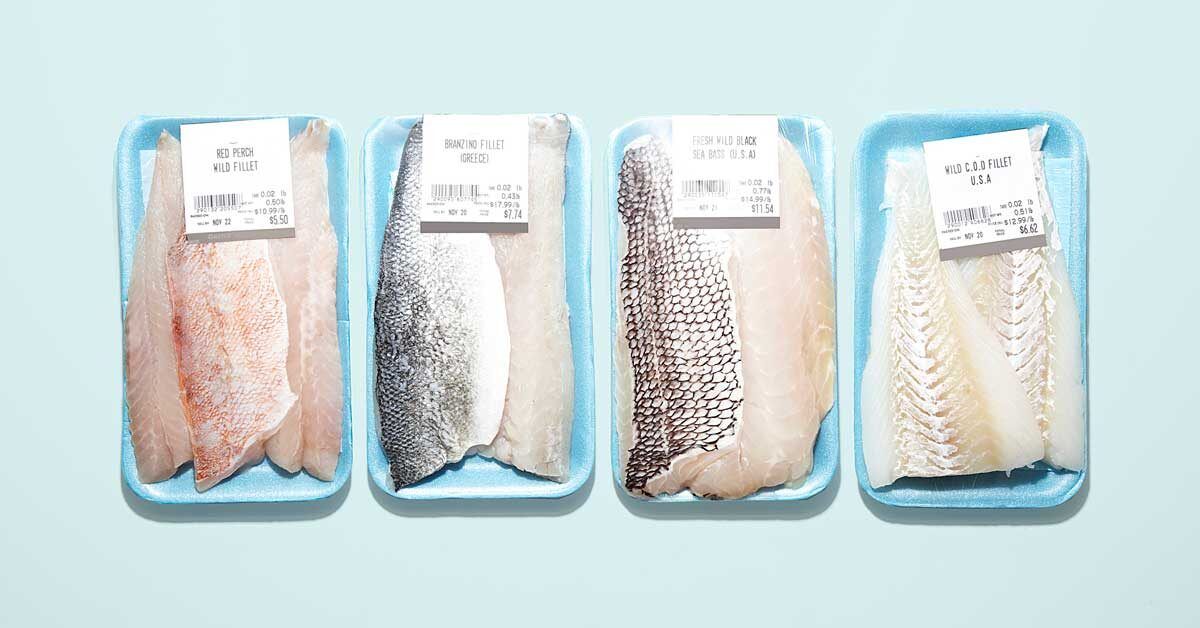
:max_bytes(150000):strip_icc()/ChickenBreast-7c055ca42ace4670867b52b9ab642824.jpg)

